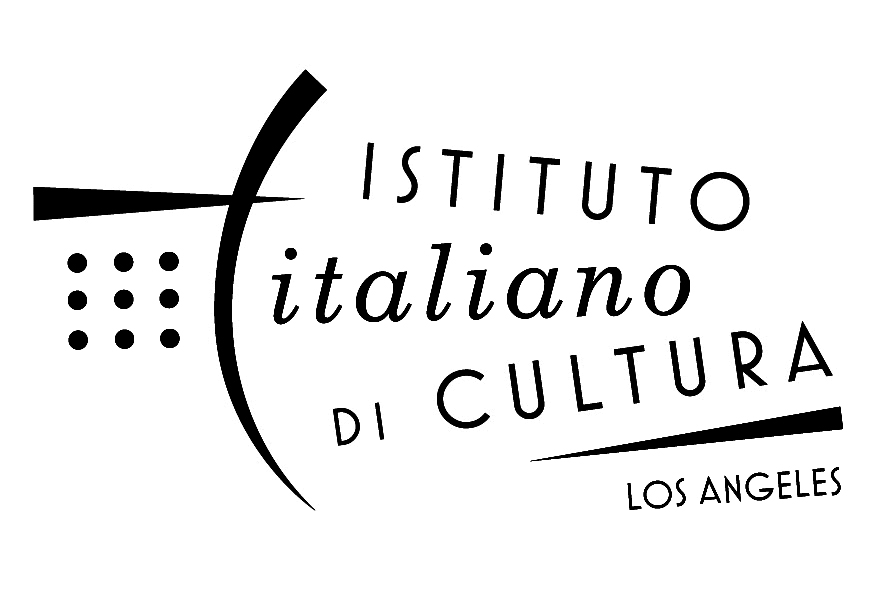La Lontananza Nostalgica Utopica Futura
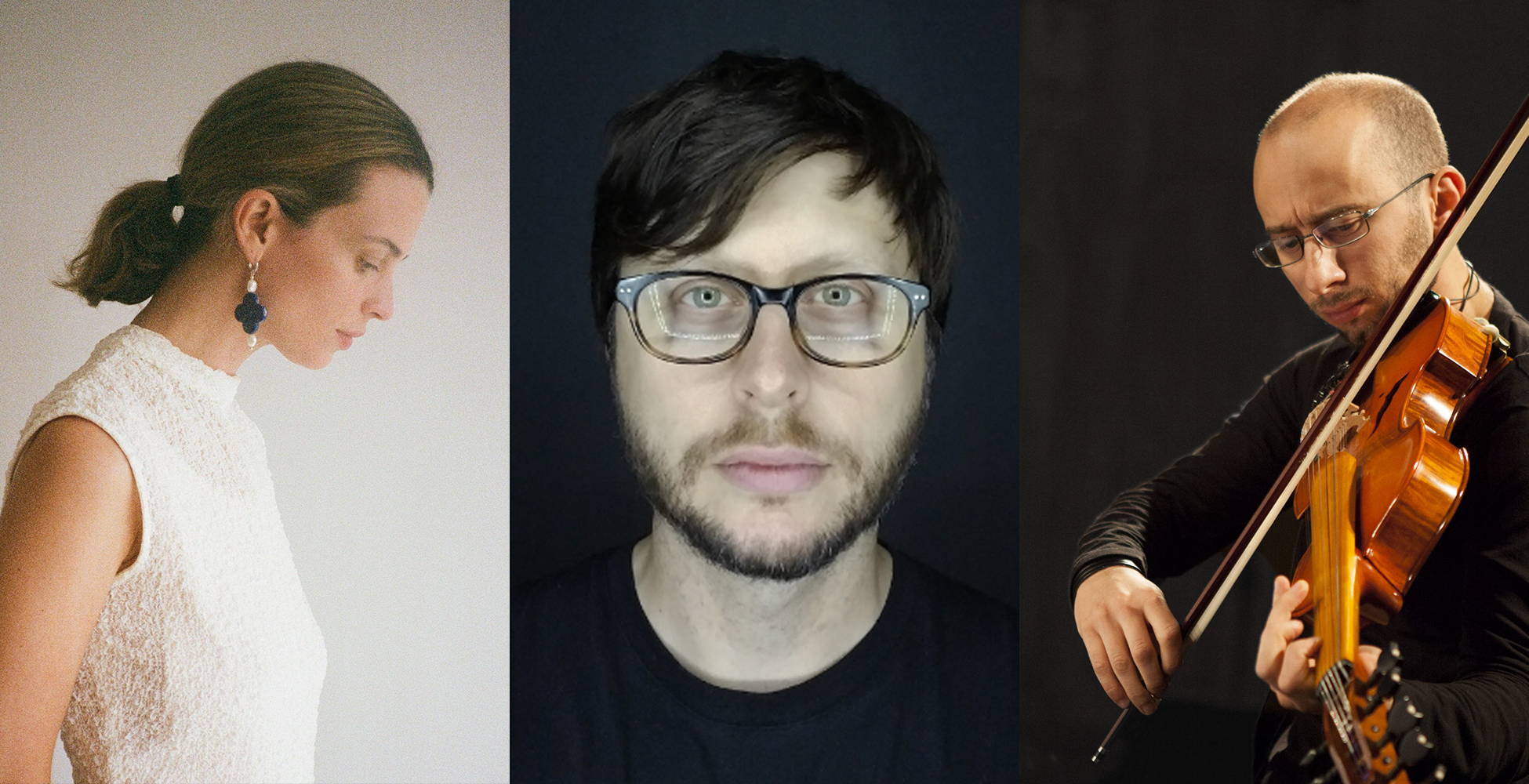
Date: February 22, 2024
Time: 5pm - 7pm
Location: UC San Diego Atkinson Hall Theater
On Thursday, February 22 at 5 p.m., the Qualcomm Institute’s IDEAS series hosts a live performance of composer Luigi Nono’s “La lontananza nostalgica utopica futura,” performed by violinist/violist Marco Fusi, musician, artist and UC San Diego Ph.D. candidate Michelle Helene Mackenzie, and UC San Diego Associate Professor of Sound Design Bobby McElver. The piece will be performed using several hundred loudspeakers in a custom wave field synthesis array built by McElver.
Prior to his passing in 1990, Nono composed avant-garde classical music that mixed traditional instruments with choir and/or electronics. “La lontananza” is one such work that explores an “ever-changing soundscape” blending recordings and improvisation on the performers’ part.
To RSVP, email ideasqi@ucsd.edu by noon Thursday, February 22. All IDEAS events are free and open to the public. Refreshments will be provided.
Program Notes:
Before becoming a score, “La lontananza” was a sonic space.
It was a room, filled with the sounds of moving chairs, laughing and chatting, and microphones and a violin. Luigi Nono was sitting in that space, listening and taking notes, and pasting together sounds and ideas. His fascination with sounds is mixed with respect and appreciation for all of them, from the aristocracy of the violin’s nineteenth century repertoire to the everyday experience of a slamming door. Such a composite set of elements is equally welcomed within the audio material that Nono assembled for this piece, designing an ever-changing soundscape that allows and demands that performers play along with its heterogeneous components, treading their own path within the hour of sounds that Nono has offered.
When his attention focuses on the violin, Nono sits close to the performer, entering a most intimate and secret space that listeners cannot access. Nono listens with the ears of the violinist, and together with them, explores the stuttering of the bow before the string, the uncertainty of the fingers exploring the fingerboard, searching for a way into the oscillation of the sound before it is heard. It is within these minutiae that the violin utters its first sounds, and the listeners are drawn closer and closer to the strings, within the smallest of the dynamics.
“La lontananza” is conceived as a mental space, and it develops as a real space. The recorded material and the violin explore the unique peculiarities of each room where they perform, moving through islands of sounds and clouds of silence, estranged sounds and enveloping vibrations.
Each performance develops in a different and unforeseeable experience.
Performers:
Marco Fusi
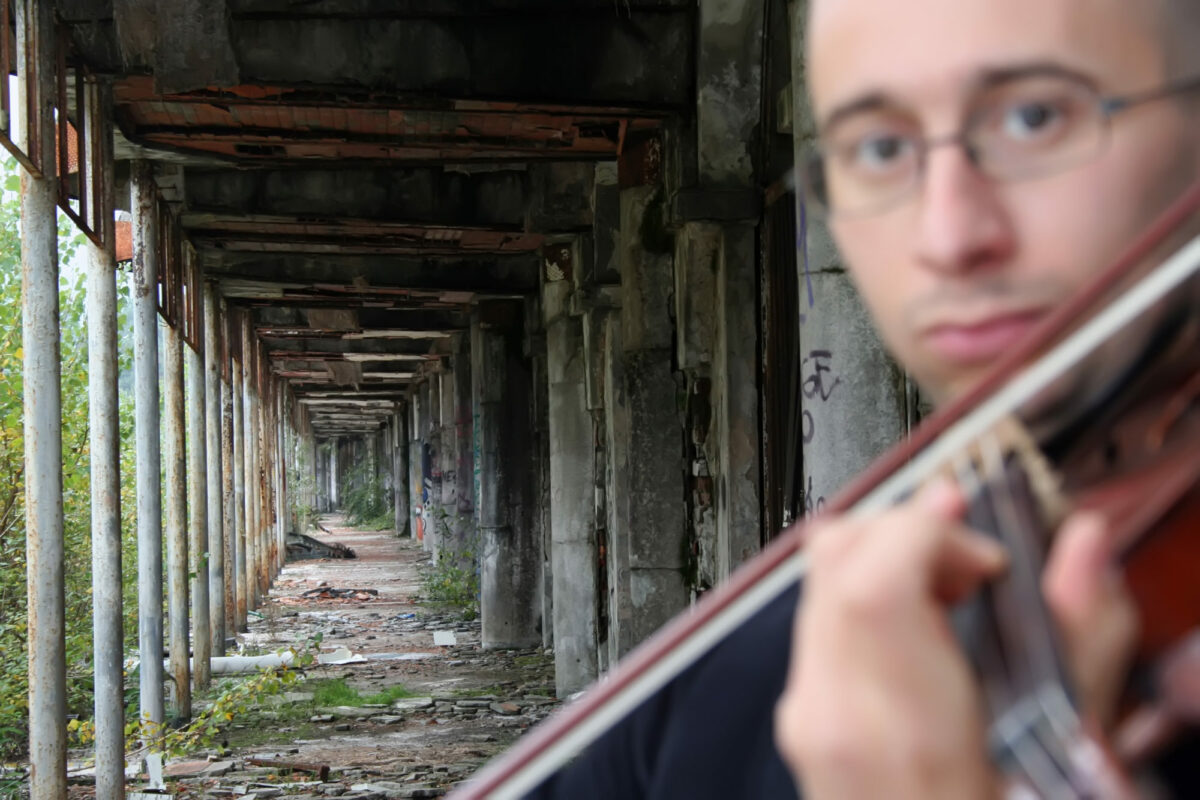
Marco Fusi is a violinist/violist, a researcher in music performance, and a passionate advocate for the music of our time.
Among many collaborations with emerging and established composers, he has premiered works by Jessie Marino, Giacinto Scelsi, Yu Kuwabara, Salvatore Sciarrino and Kristine Tjøgersen, among others. Marco has performed with Pierre Boulez, Elena Schwarz, Lorin Maazel, Susanna Mälkki, Alan Gilbert, and frequently plays with leading contemporary ensembles including Klangforum Wien, MusikFabrik, Meitar Ensemble, Mivos Quartet, Ensemble Linea. He has recorded several solo albums, published by Kairos, Stradivarius, Col Legno, Da Vinci, Geiger Grammofon, New Focus Recordings. Marco also plays viola d’amore, commissioning new pieces and collaborating with composers to promote and expand existing repertoire for the instrument. He is currently Professor of Violin at the Conservatory of Alessandria and Fellow Researcher at the Orpheus Instituut of Gent.
Michelle Helene Mackenzie
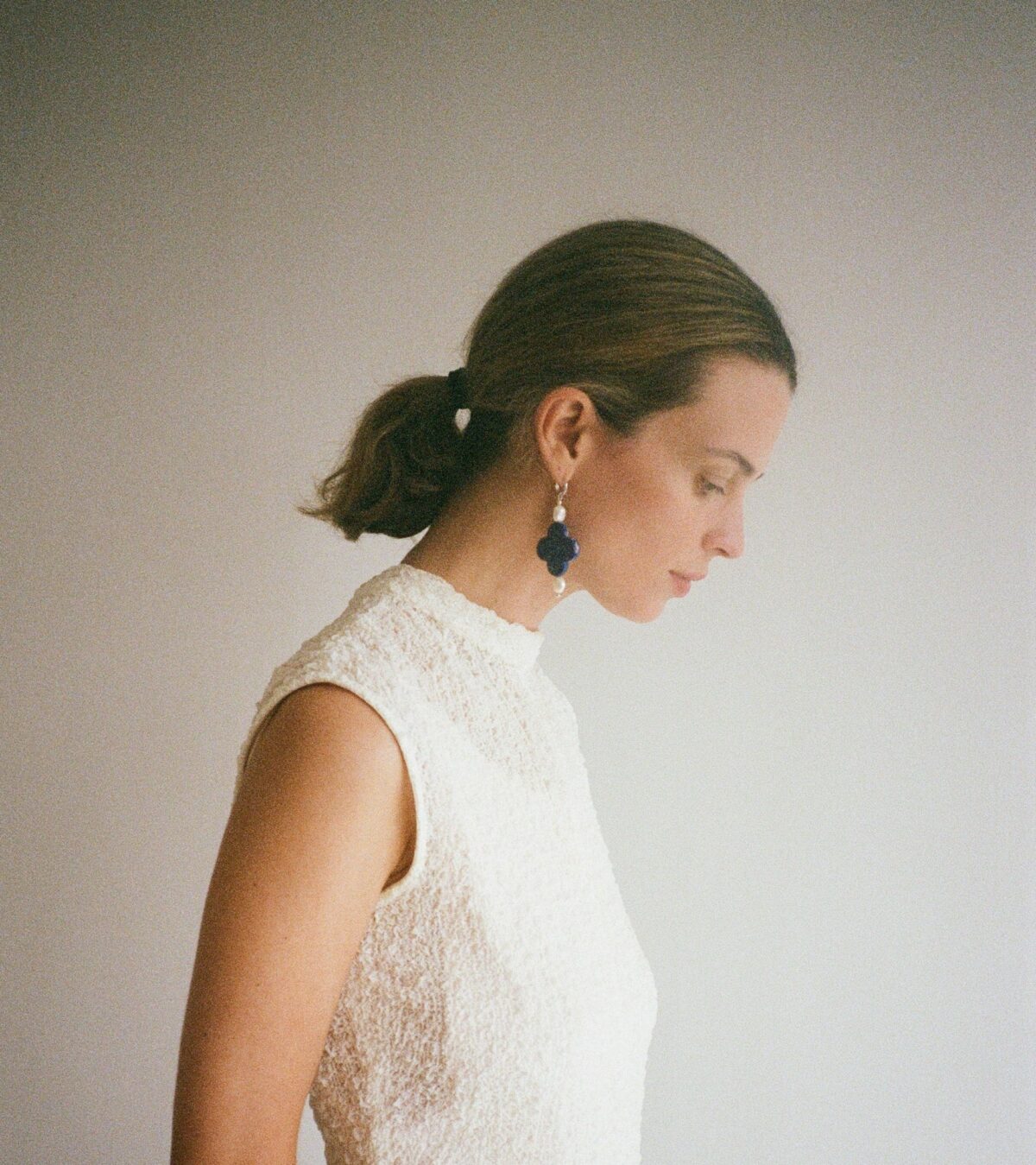
Michelle Helene Mackenzie is a musician, artist, and researcher who works across electronic, ambient, and noise music. She is currently pursuing a Ph.D. in Music at the University of California, San Diego. Mackenzie combines electronics, synthesis, voice, field recording, and amplified objects. She has released music independently and collaboratively with ISLA, Hotham Sound, and Music From Memory’s Second Circle, and has a collaborative forthcoming release with GRM Portraits. She has performed at INA-GRM’s Live Electronics Series, Leaving Records’s Listen to Music Outside in the Daylight Under a Free, Deep Blue (various), New Forms Festival, the Vancouver Art Gallery, Interplay Festival, Polygon Gallery, Sunset Terrace, UC San Diego, and various other events. Her sound works and commissions have been shown with 221A (Vancouver), Active Cultures (Los Angeles), Albertinum (Dresden), Dynamo Arts Association (Vancouver) Buffalo Institute for Contemporary Art (Buffalo), Esker Foundation (Calgary), the Hand (NYC), Kadist Gallery (San Francisco), National Audiovisual Centre of Luxembourg (Dudelange), Patel Brown (Toronto/Montreal), Richmond Art Gallery, SFU Galleries (Vancouver), Unitt/Pitt (Vancouver), and Western Front (Vancouver).
Bobby McElver
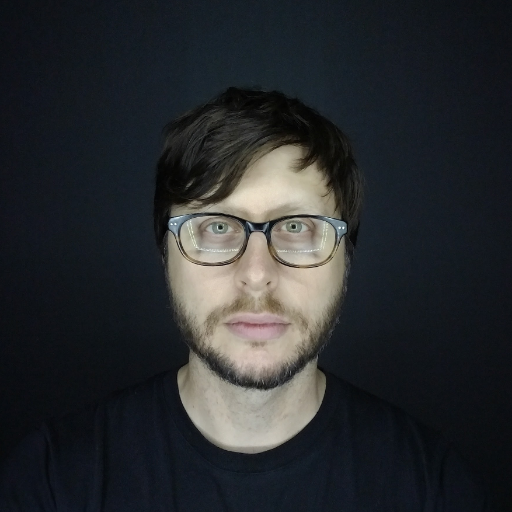
Bobby McElver is a sound designer and composer who works in theater, dance, music and spatial audio for the performing arts. As a member of the iconoclastic Wooster Group from 2011 to 2016, he worked closely with founder and artistic director Elizabeth LeCompte on several of their experimental works, including “Early Shaker Spirituals,” “The Room,” “Vieux Carré,” “Hamlet,” “Early Plays,” and more.
As an artist-engineer, McElver’s research focuses on developing new spatial audio technology — specifically Wave Field Synthesis and “sound holograms” — and applying the technology in context of an artistic work. In 2018 he fabricated a Wave Field Synthesis array with 372 loudspeakers based on research at The Curtis R. Priem Experimental Media and Performing Arts Center at Rensselaer Polytechnic Institute (EMPAC). One of the most extensive WFS arrays in the world, it allows him to place sound accurately in 3D space, creating “holophones,” or sounds that float and move in physical space. He is an associate professor of sound design with the UC San Diego Department of Theatre and Dance.
About the IDEAS Program
The IDEAS initiative aims to encourage interdisciplinary performing, visual, and literary-artists, as well as engineers and scientists, to take advantage of the Qualcomm Institute’s advanced audio-visual facilities, services and personnel in staging performances and presentations of new and experimental works and research. To learn more and to access a list of upcoming IDEAS performances for the 2024 season, visit https://ideas.ucsd.edu/.
This performance of Nono’s “La lontananza nostalgica utopica futura” was made possible with the support of the Italian Cultural Institute, Los Angeles.
